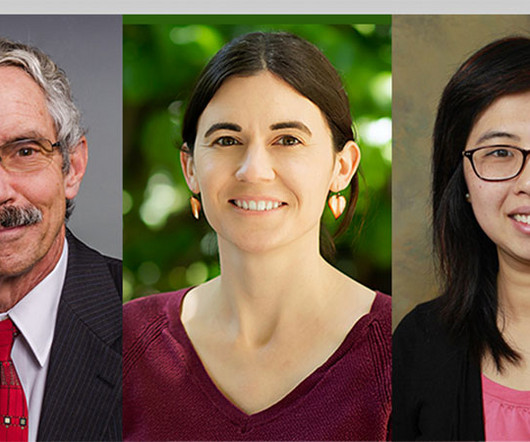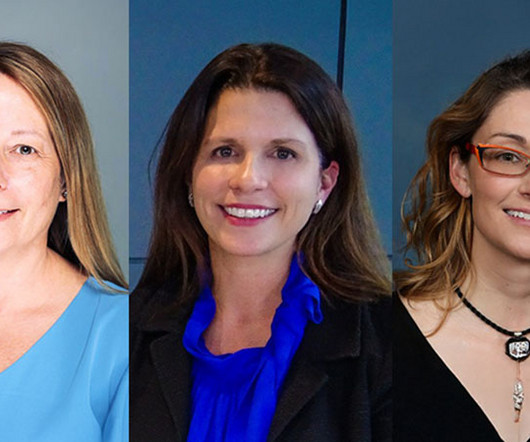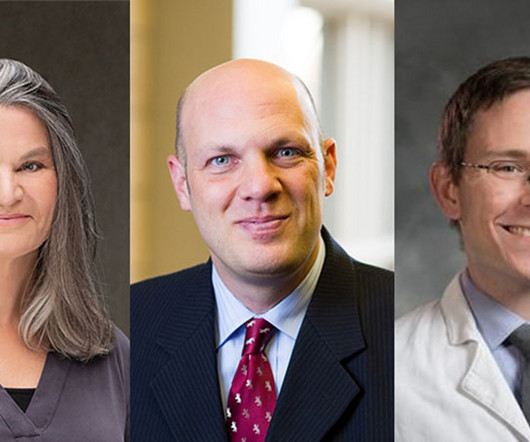10 Tips to Find the Best Diabetes Doctor for Type 2 Diabetes
Dr. Zaar
JUNE 1, 2025
Managing Type 2 diabetes requires more than just medication—it demands a long-term partnership with a skilled healthcare provider who understands your individual needs. Diabetologist: A doctor who specializes in diabetes (sometimes used interchangeably with endocrinologists).














Let's personalize your content